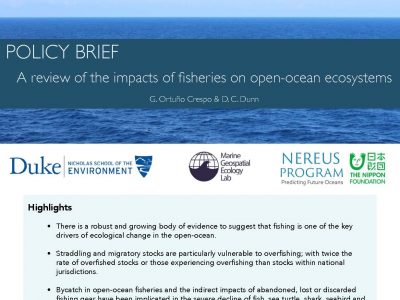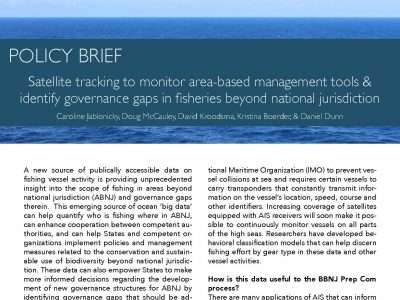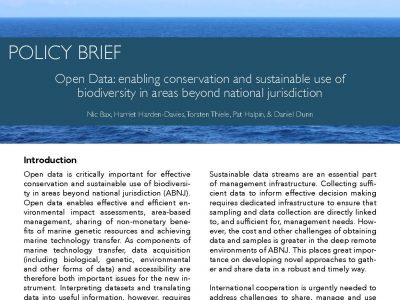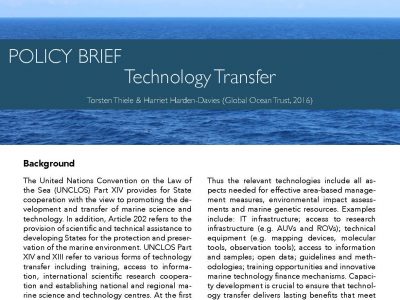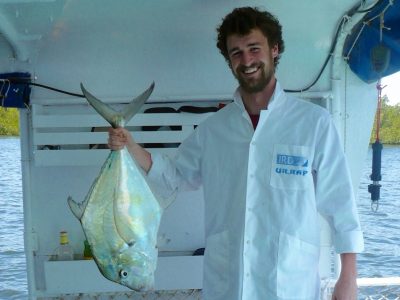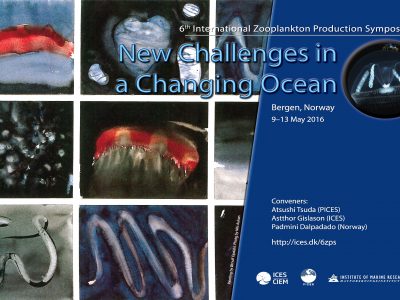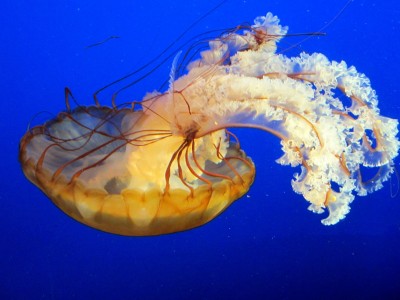POLICY BRIEF: A review of the impacts of fisheries on open-ocean ecosystems
Up until the 1960s, the open-ocean in areas beyond national jurisdiction (ABNJ) was one of the last frontiers of fisheries exploitation. The magnitude and inaccessibility of open-ocean ecosystems, as well as technological constraints, deterred fisheries from operating intensely in them. However, open-ocean fisheries expanded exponentially from the 1960s through the 1980s and 1990s, at which point global fish catches peaked, plateaued and possibly began to decline.



